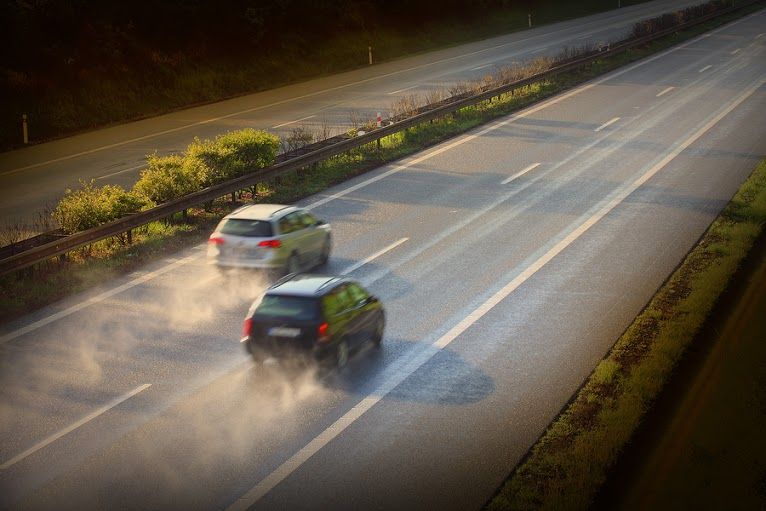 Here’s another reason why you don’t want to mess with Texas—a new all-offender driving while intoxicated (DWI) bill has passed the Texas House this past week, and now that it’s on the way to the Senate, the state may soon require all DWI offenders in the state to install an ignition interlock device in any vehicle they drive.
Here’s another reason why you don’t want to mess with Texas—a new all-offender driving while intoxicated (DWI) bill has passed the Texas House this past week, and now that it’s on the way to the Senate, the state may soon require all DWI offenders in the state to install an ignition interlock device in any vehicle they drive.
Sponsored by State Rep. Jason Villalba, House Bill 2246 will change existing laws to give a first-time DWI offender a restricted driver’s license if they install an ignition interlock device in their vehicle. Current laws only require ignition interlock devices for repeat offenders as a condition of their probation and first offenders who have 0.15 blood alcohol concentrations (BAC) or greater at the time of their arrest.
The lone star state is known for a lot of positive things in the United States, but they’ve never set out to have the distinction of the most DWI-related deaths. According to Mothers Against Drunk Driving (MADD), the state led the country in drunk driving deaths with 1,337 deaths and over 15,000 people injured in 2013. The local chapter of MADD testified in favor of House Bill 2246 this past April, and urged the committee to consider the bill.
Ignition interlock laws are sweeping the nation—there are currently 24 states that require ignition interlock devices for all offenders, and organizations from the National Highway Traffic Safety Administration to the U.S. Centers for Disease Control have supported ignition interlocks for all drunk drivers. That’s because they’ve been found to reduce the likelihood of a repeat DWI offense by up to 67%, and with all offender ignition interlock laws like the one on the table in Texas, more lives will be saved by the devices.
Who’s up next for an all offender ignition interlock law? The way the new laws are sweeping the nation, all 50 states may have ignition interlock requirements for first offenders sooner than later.
